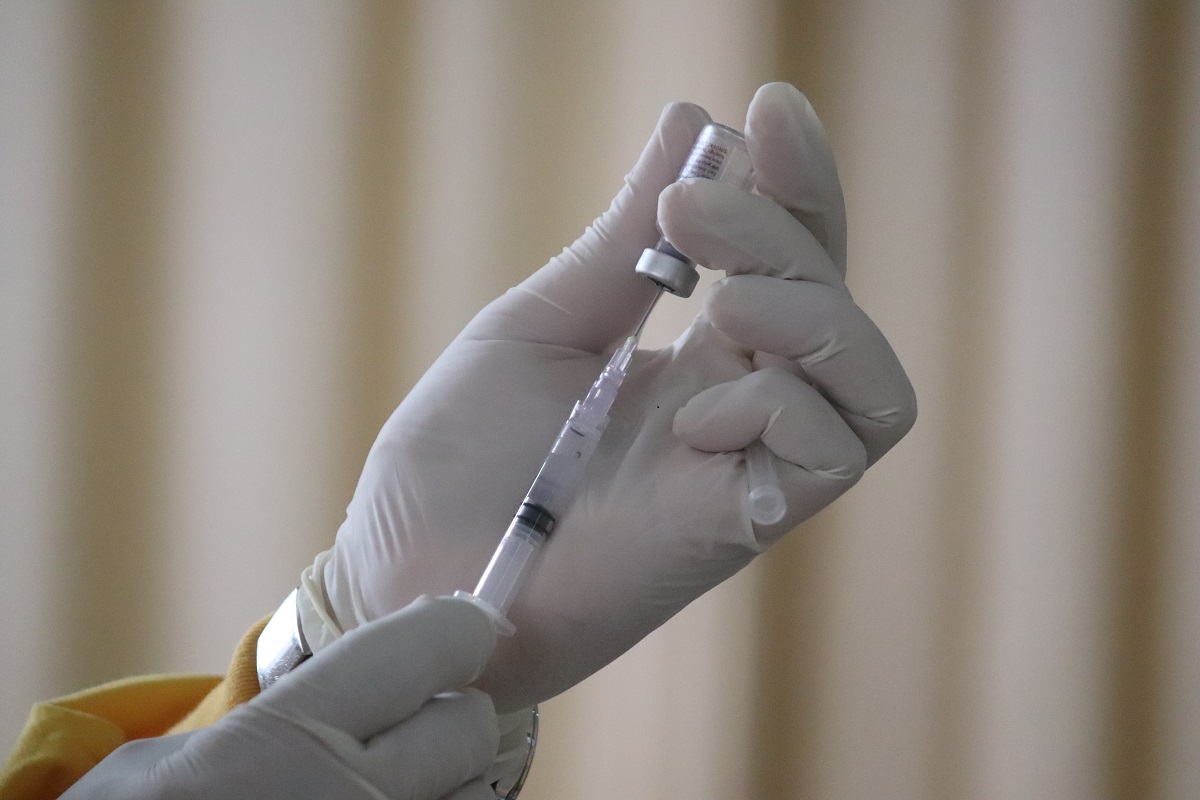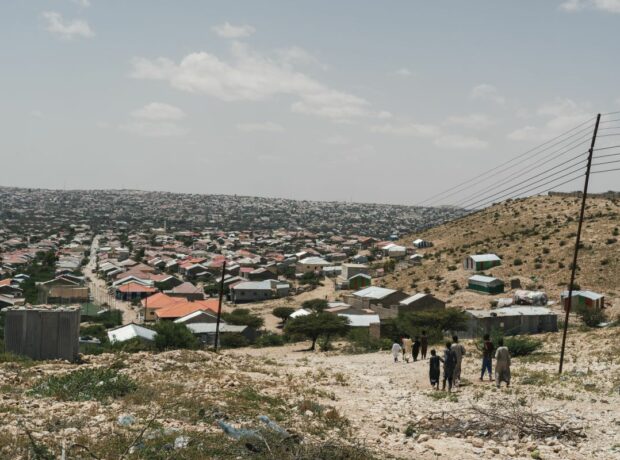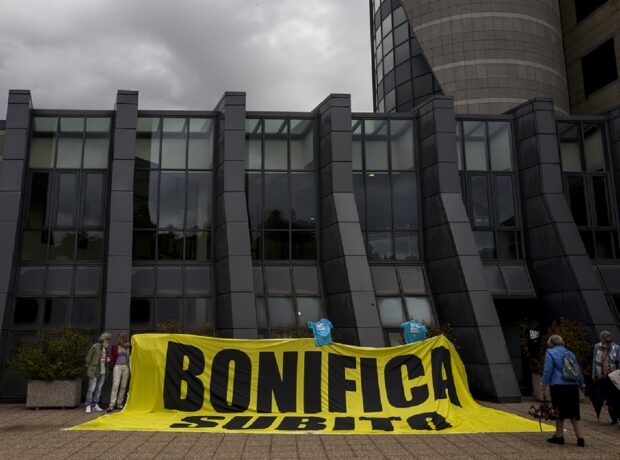Are human rights really for everyone? The Covid-19 pandemic has raised questions about how we prioritise healthcare and why we accept gross inequalities. This podcast episode – the second in new series A Shot In The Dark – asks how we can address inequalities in our communities and around the world.
How do we evaluate people’s risks of Covid and prioritise their vaccine needs?
What if you are young and without a history of illness, but you happen to live in a densely-populated area. Are you less at risk of becoming infected by Covid-19 than someone in their 60s living out in rural Devon? And if not, then why might you be vaccinated second?
What if you happened to be an asylum seeker, a refugee or an undocumented migrant when the pandemic hit? If you had no secure home, job, no recognition by the state, or were hiding to avoid deportation, health would be hard enough to preserve at the best of times. But if you suddenly needed a vaccine to be safe from an immediate and unanticipated health threat, a new danger would become apparent.
This podcast episode – the second in new series A Shot In The Dark – reveals that swathes of people are still falling through the cracks, despite human rights protections existing all around us. It describes how pandemic conditions have also exacerbated existing health crises for many.
Dr Ruth Watkinson and Dr Ferdinand Mukumbang join host Belinda Rawson for discussions that explore specific elements of the pandemic in relation to the universal right to health, including:
- the roll-out of the vaccine in the UK, which put those individuals recognised as being most vulnerable first, regardless of the incidence of Covid-19 in their geographical area;
- the complex ways in which undocumented migrants face obstacles when navigating foreign health systems; and
- the inclusive Covid-19 vaccination responses of some countries, as opposed to the exclusionary responses of others.
Their discussion brings into its orbit broader realities such as the social nature of health, the persistence of structural racism, the relation between stigmatisation and vaccine hesitancy, and the monopolisation of Covid-19 vaccines by the Global North.
These explanations may help us take the first steps towards understanding why government responses to Covid-19 are the way they are, and what the full effects of a lack of care for some within our communities, during such a precarious time, might be.
Find out more here and listen on SoundCloud.
Main image by Mufid Majnun.



